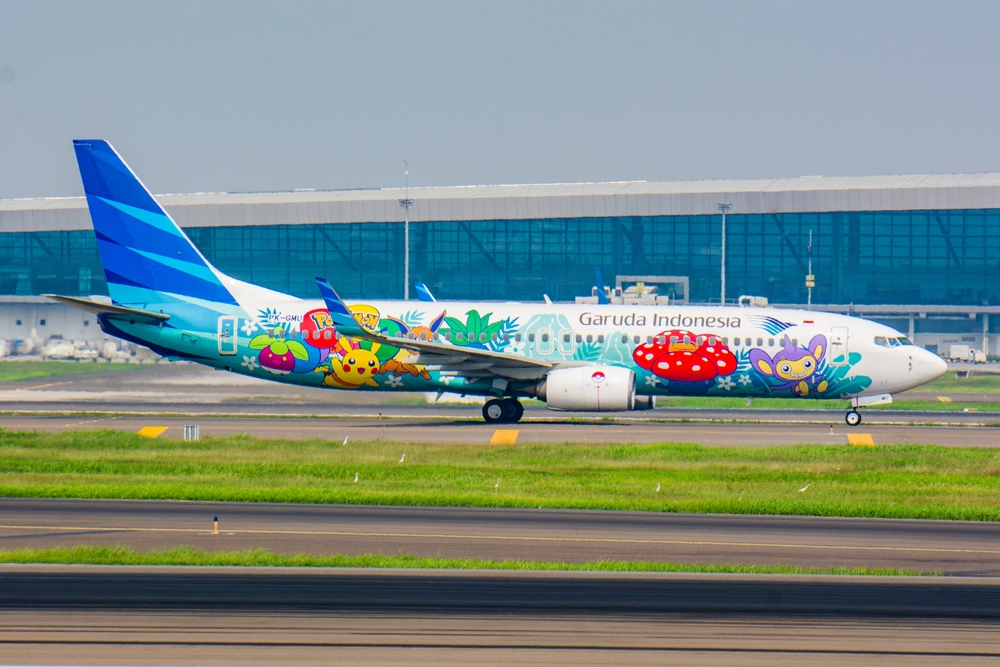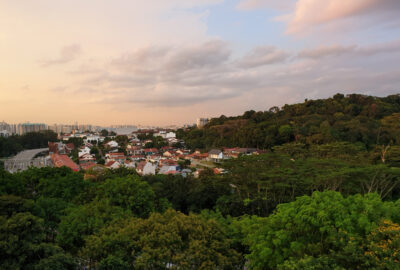Indonesia seeks to make air travel more affordable, plus more bulletins

For PropertyGuru’s real estate news roundup, Indonesia is exerting effort to make air travel more affordable for passengers. In other developments, Metro Manila residential prices are expected to increase annually until 2026. Lastly, Thailand seeks to become a financial hub.
Indonesia works to make air travel more affordable
Indonesian Tourism and Creative Economy Minister Sandiaga Salahuddin Uno on 14th August said that the country is making efforts to make air travel more affordable for passengers, according to a VietnamPlus report.
The Indonesian government has established a task force for the goal of lowering airfares. It is expected that domestic airfares will decrease by approximately 10 percent by October.
The force includes the Coordinating Ministry for Economic Affairs (Kemenko Ekonomi), the Coordinating Ministry for Maritime Affairs and Investment (Kemenko Marves), as well as other relevant ministries and organisations.
Previously, the Indonesian National Air Carriers Association (INACA) assessed that the aviation business in the country is currently stagnating and incurring losses. Despite high ticket prices, airlines have not generated significant profits.
Denon Prawiraatmadja, President of INACA, stated that airlines are facing losses due to the high flight costs, which have pushed up ticket prices.
Metro Manila residential prices expected to rise 2.2 percent annually through 2026
Residential real estate prices in Metro Manila are projected to increase by 2.2 percent annually through 2026, reflecting a “flattish recovery” amid the exit of Philippine Offshore Gaming Operators (POGOs), according to Colliers Philippines.
“Prices are likely to revert to pre-pandemic levels in the third quarter of 2029,” Joey Roi Bondoc, director and head of Research at Colliers Philippines, said during a briefing on 31st July.
The Philippine residential segment will see elevated vacancies as POGOs are set to vacate the country by year-end, according to consulting firms. Colliers forecasted that rents are set to grow by 1.6 percent annually from 2024 up to 2026 and will return to pre-pandemic levels in the second quarter of 2028.
“The growth of residential real estate loans is slowing down. From 2017 to 2019, which was a peak period for residential demand across the Philippines, especially in Metro Manila, demand was partly influenced by POGO demand,” Mr. Bondoc said in BusinessWorld.
Thailand: Hunting for a place at the financial table
Amid the wreckage of the 1997 Asian financial crisis, also known as the “Tom Yum Kung” crisis, the Thai financial sector worked to develop a strong and resilient infrastructure. Thailand is now in the process of building towards becoming a global financial hub focused on supporting five industries: banking, securities, derivatives, digital assets and insurance.
Caretaker Finance Minister Pichai Chunhavajira has discussed the necessity of promoting Thailand as a financial hub as the global financial landscape undergoes rapid changes. Countries around the world are developing financial regulations and technology in a drive to remain competitive internationally.
As mentioned in Bangkok Post, Mr Pichai said now is the time for Thailand to leverage its continuously developed financial infrastructure and services to attract business groups, investment, financial transactions, and knowledge. The goal is to position Thailand as a financial hub that serves future financial transaction requirements, boasting infrastructure and innovation to influence global finance.
The Property Report editors wrote this article. For more information, email: [email protected].
Recommended
Meet the expert helping overseas investors crack Australia’s property market
Ivan Lam of property advisors Charter Keck Cramer helps clients navigate Australia’s complex real estate dynamics
6 spots to check out in Singapore’s Bukit list neighbourhood
The sought-after Singapore neighbourhood offers lifestyle amenities, green space, and new residential projects
Thailand’s real estate sector watches closely as the Shinawatras return to power
Time will tell if the return to power in Thailand of the Shinawatras will lift the country’s ailing real estate sector
China’s homebuying surge: Can new stimulus measures keep the market rally alive?
Stimulus measures have sparked a surge in homebuying activity around China, but many are sceptical the shift will endure







